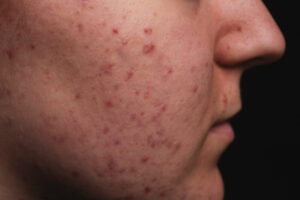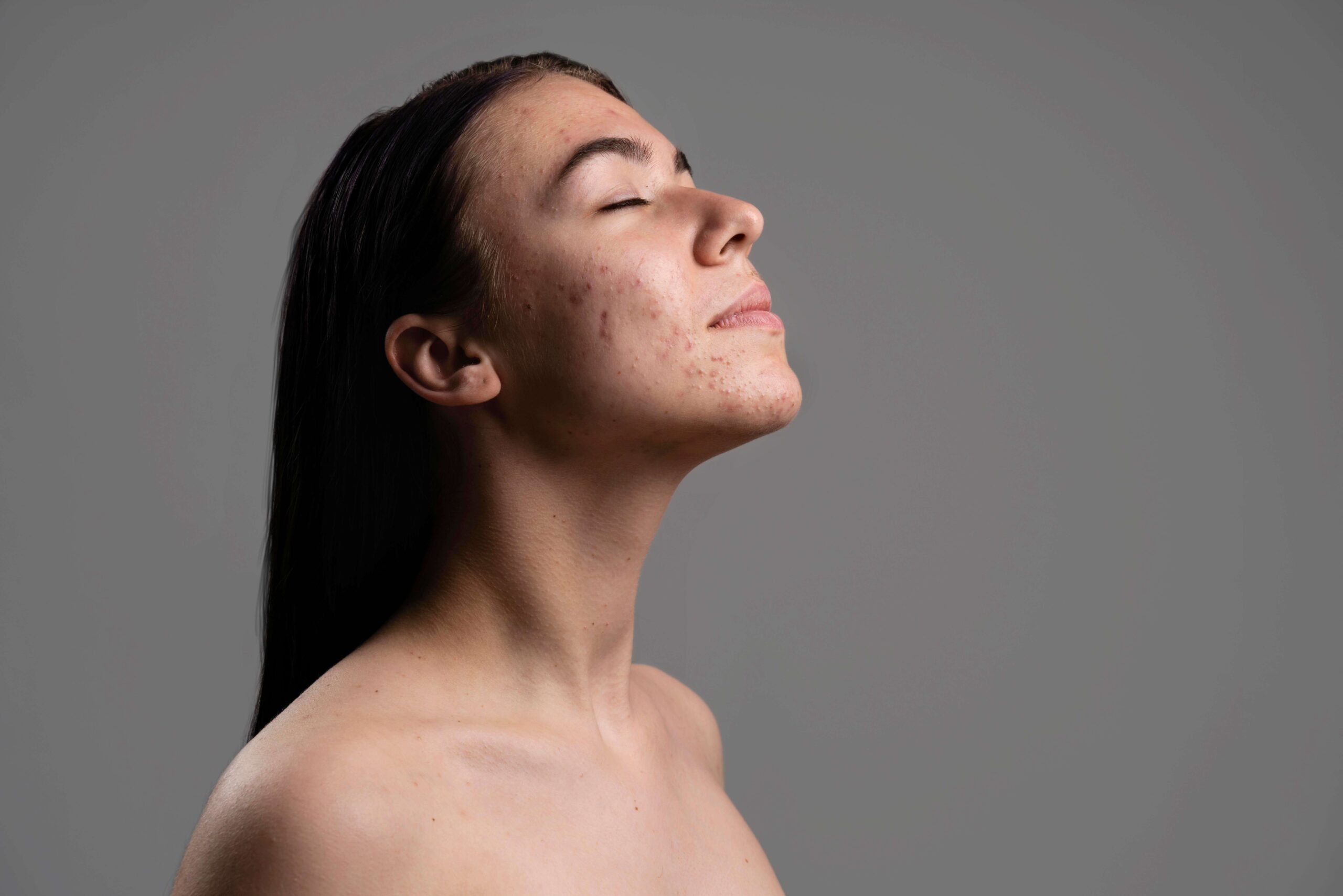Understanding the Stress-Acne Connection
Acne is primarily caused by the overproduction of sebum (skin oil), clogged pores, bacteria, and inflammation. However, stress plays a significant, albeit indirect, role in exacerbating these factors. When you experience stress, your body releases various hormones, including cortisol. Cortisol, commonly known as the “stress hormone,” can stimulate the sebaceous glands in your skin, leading to increased oil production. This excess oil can mix with dead skin cells and other impurities, clogging pores and creating an ideal environment for acne-causing bacteria.
Moreover, stress affects your immune system’s ability to fight off inflammation. This weakened immune response can lead to more severe outbreaks and slower healing processes. In addition, stress can lead to behaviors such as picking at or touching your face more frequently, further aggravating the condition.
Dr. Deepika at Reflection Facethetics in Bangalore emphasizes that managing stress is a crucial part of an effective Acne Treatment plan. While skincare products and medical treatments are essential, addressing the root cause stress can significantly enhance the overall results.

Managing Stress to Combat Acne
Regular Exercise
Exercise is one of the most effective ways to manage stress. Engaging in physical activity triggers the release of endorphins, the body’s natural mood lifters. It also helps regulate cortisol levels, which can reduce the likelihood of stress-induced acne flare-ups. Aim for at least 30 minutes of moderate exercise most days of the week. Activities such as jogging, swimming, yoga, or even brisk walking can be beneficial.
Mindfulness and Meditation
Mindfulness practices, including meditation and deep-breathing exercises, are known for their stress-reducing effects. These practices help in calming the mind, improving emotional regulation, and lowering cortisol levels. Even a few minutes of mindfulness each day can make a significant difference. Consider incorporating meditation into your daily routine, whether through guided sessions, apps, or simply setting aside quiet time for yourself.
Adequate Sleep
Lack of sleep is a significant stressor that can contribute to acne. During sleep, your body performs essential repair and recovery functions, including skin regeneration. Aim for 7-9 hours of quality sleep each night. Establishing a regular sleep routine, creating a relaxing bedtime environment, and avoiding stimulants like caffeine before bed can help improve your sleep quality.
Healthy Diet
A balanced diet can positively influence your stress levels and skin health. Foods rich in antioxidants, such as fruits, vegetables, and whole grains, can help combat inflammation and support overall skin health. Additionally, omega-3 fatty acids found in fish, nuts, and seeds have anti-inflammatory properties that can help reduce acne. Avoid excessive consumption of sugary and processed foods, which can contribute to inflammation and exacerbate acne.
Professional Support
Sometimes, managing stress requires more than self-help techniques. Consulting with a mental health professional, such as a therapist or counselor, can provide valuable support. Cognitive-behavioral therapy (CBT) and other therapeutic approaches can help you develop effective coping strategies and address the underlying causes of stress.
Skin Care Routine
While stress management is crucial, maintaining a proper skincare routine complements your efforts. Use gentle, non-comedogenic products to avoid further clogging your pores. Incorporating products with ingredients such as salicylic acid, benzoyl peroxide, or niacinamide can help manage acne. Dr. Deepika at Reflection Facethetics can provide personalized skincare advice and treatment options tailored to your specific needs.
Conclusion
The interplay between stress and acne is complex, but understanding this relationship is key to effective management. By incorporating stress-reducing strategies such as regular exercise, mindfulness, adequate sleep, a healthy diet, and professional support, you can make a significant impact on your skin’s health. At Reflection Facethetics in Bangalore, Dr. Deepika is dedicated to helping you navigate these challenges and achieve clearer skin. For personalized advice and treatment options, don’t hesitate to reach out.
Book Now for a consultation with Dr. Deepika and take the first step towards managing Acne stress and acne effectively. Your path to clearer, healthier skin starts here.



